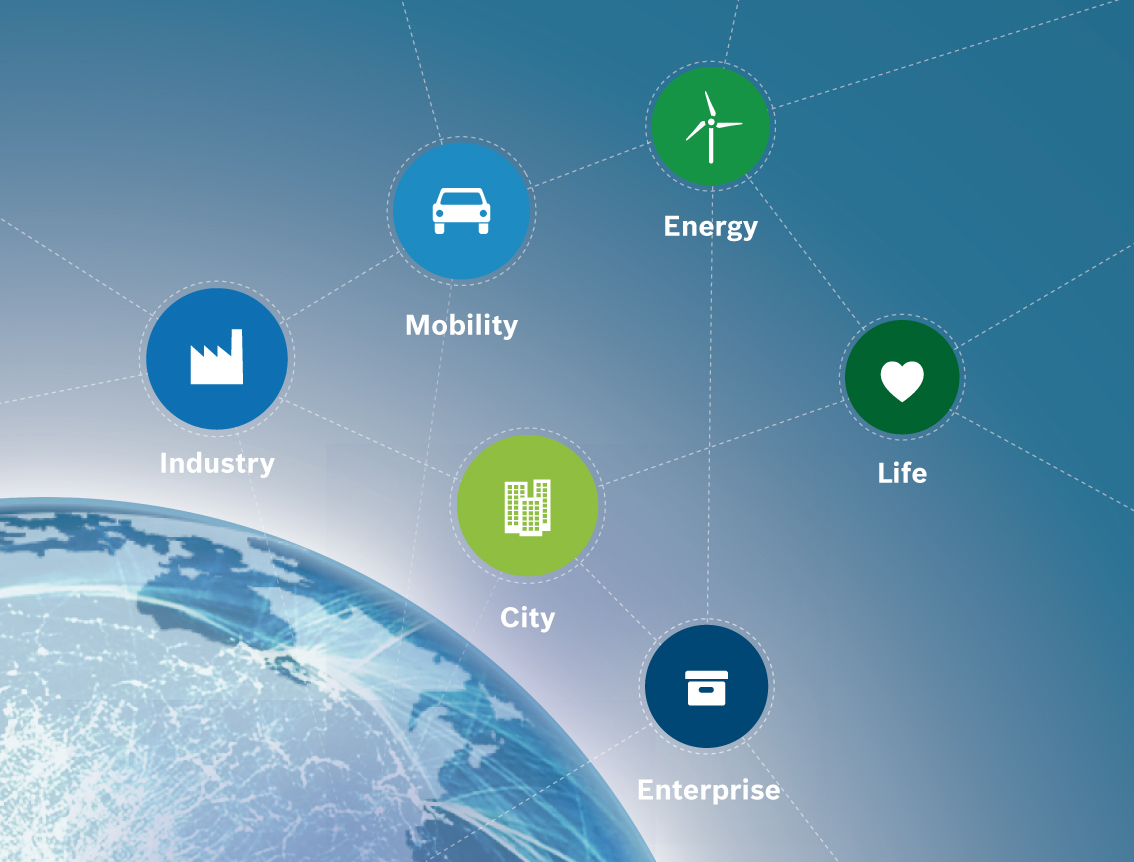Product lifecycle management software is integral to the industrial internet but not all companies use them.
According to industry experts at Hannover Messe, PLM applications are as essential as computer-aided design software.
In the age of Industrie 4.0 and the Internet of Things, some people might wonder if we still need PLM systems in the digital future.
“We may as well ask ourselves right away if we will need CAD systems, or software to create order confirmations,” say the industrialists at Hannover Messe.
“Of course the industrial sector will need to employ IT to support its processes in the future. Even more so and more consistently than we have to date. PLM is a good example of this.”
If the bottom line of an industrial product in the future is how well it can be integrated into the Internet and other products, or how easily services can be offered using the product, then it will be even more important than it is now to be able to access all data – from concept to the most recent version.
Such product data contains everything: It geometry, its mode of operation, its behavior, its target data, and its possibilities. No one but the manufacturer has this data.
In contrast, in principle, anyone can collect data regarding operational use for analyzing and creating a service that is of value to the user.
Only the manufacturer is able to combine original manufacturer data operational data. This is the true value. They can provide special services that no one except the manufacturer can.
Only those who know what the optimal revolution speed for the motor is can infer something from divergent measurements during operation. Only those who developed the control software know the best way to implement these deductions as quickly as possible.
And if we go even further into the future of the industrial cloud: Those who have access to a large amounts of globally distributed products of the same or similar construction and can compare them with manufacturer information will be able to provide an extremely valuable service to their customers.
Industrial companies who have understood this relationship are already providing such services, including:
Bosch and Cisco are examples that will likely attract a large number visitors at Hannover Messe 2017. No one needs to explain the abbreviation PLM to these companies. They’ve already installed the appropriate software.
Yet still, it is the larger corporations that have this IT and not necessarily SMEs. PLM is by no means standard in all major companies.
Experts believe – on a hunch, and lacking any market figures, mind you – that it is likely that only a maximum of 20 percent of all companies have a PLM strategy and are employing the appropriate IT.
It could even be quite a bit less according to how well the term product lifecycle is understood. For smaller companies, suppliers, and the large majority of manufacturers, one must assume that they neither follow a PLM strategy nor have the appropriate IT.
There’s not just the need or demand for PLM and other industry software now – but it will only grow greater in the future.
Those who want to render the best services to their clients and their clients’ product business, and those who want to retain their customers and end users long-term not only need to provide a digital model of their products until production, but long thereafter.
In the Internet of Things, the industrial value chain does not end when the product is sold. That’s when it really gets going for more and more products. When the product is used, the user makes use of the services, networking the product with the world.
In the future, PLM needs to be designed for the Internet of Things. If it’s not there, it will be sorely missed.

